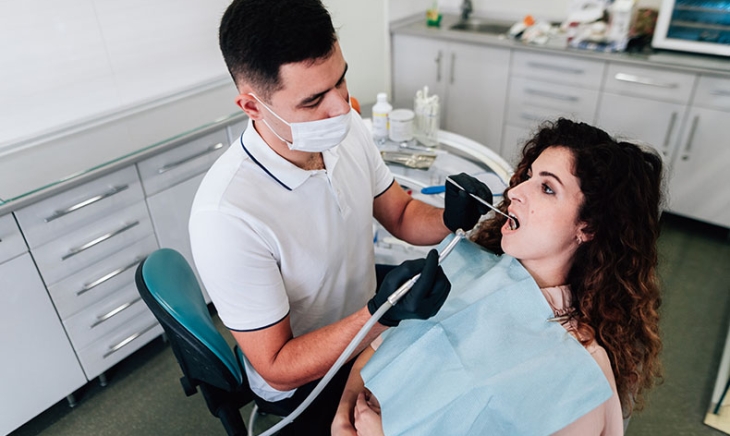Who Should Undergo and Expected Results
Everybody needs a dental consultation in First Elite Medica Center.
What many people don’t know is that babies develop teeth buds while they were still in their mother’s womb?
However, they don’t “erupt” or come out until they are around five months.
As the teeth start showing, the infants may already require some tooth cleaning with the guidance of a pediatric dentist.
By the time they reach the age of 6 or 7, their milk or baby teeth will become loose and be replaced by permanent teeth, so the importance of a dentist at this point cannot be stressed enough.
Dentist in First Elite Medica Center can personally see the development of the permanent teeth even before they come out.
As a person turns into a young adult, he or she becomes more susceptible to a variety of dental conditions depending on the person’s lifestyle, dental habits, pre-existing illnesses, and even heredity.
The frequency of dental visits can greatly vary.
Some groups are considered low-risk, which means they can set up an appointment for consultation at least once a year.
Meanwhile, these are those who have very few and mild dental problems, or have otherwise healthy dental condition.
Some patients, on the other hand, are classified as high risk.
These individuals may have to undergo consultations twice a year.
Sometimes they may have to see their dentist every 3 months.
These people:
- May have been diagnosed with diabetes
- Have progressive or severe gum disease
- Undergone organ transplant
- Have compromised immune system
- Suffer from recurrent dental infections
- Wear oral appliances such as braces , which need regular adjustments
- Have been diagnosed with oral cancer
There are many reasons to go through a dental consultation.
Such as to:
- Ensure optimum dental health is achieved
- Ensure dental problems are addressed as soon as possible
- Recommend the best form of dental treatment and management
- Assess a person’s eligibility for surgery or other forms of treatment
- Monitor the progress of the treatment, modifying it whenever necessary
- Determine how dental problems affect the other parts of the body
- Obtain a personal dental history or profile
- Screen for oral cancer
- Improve the appearance of the teeth and gums
- Promote better bite or chewing



